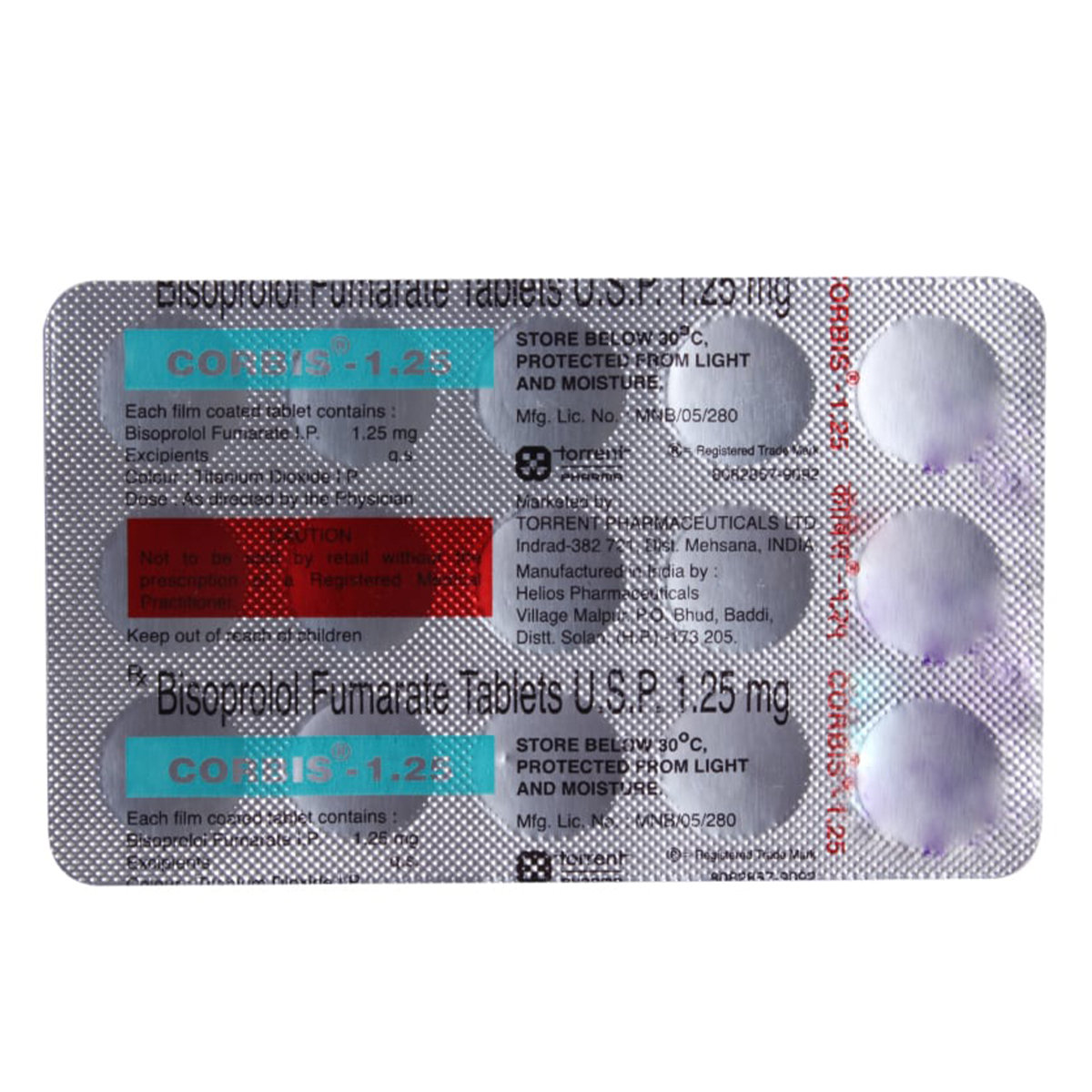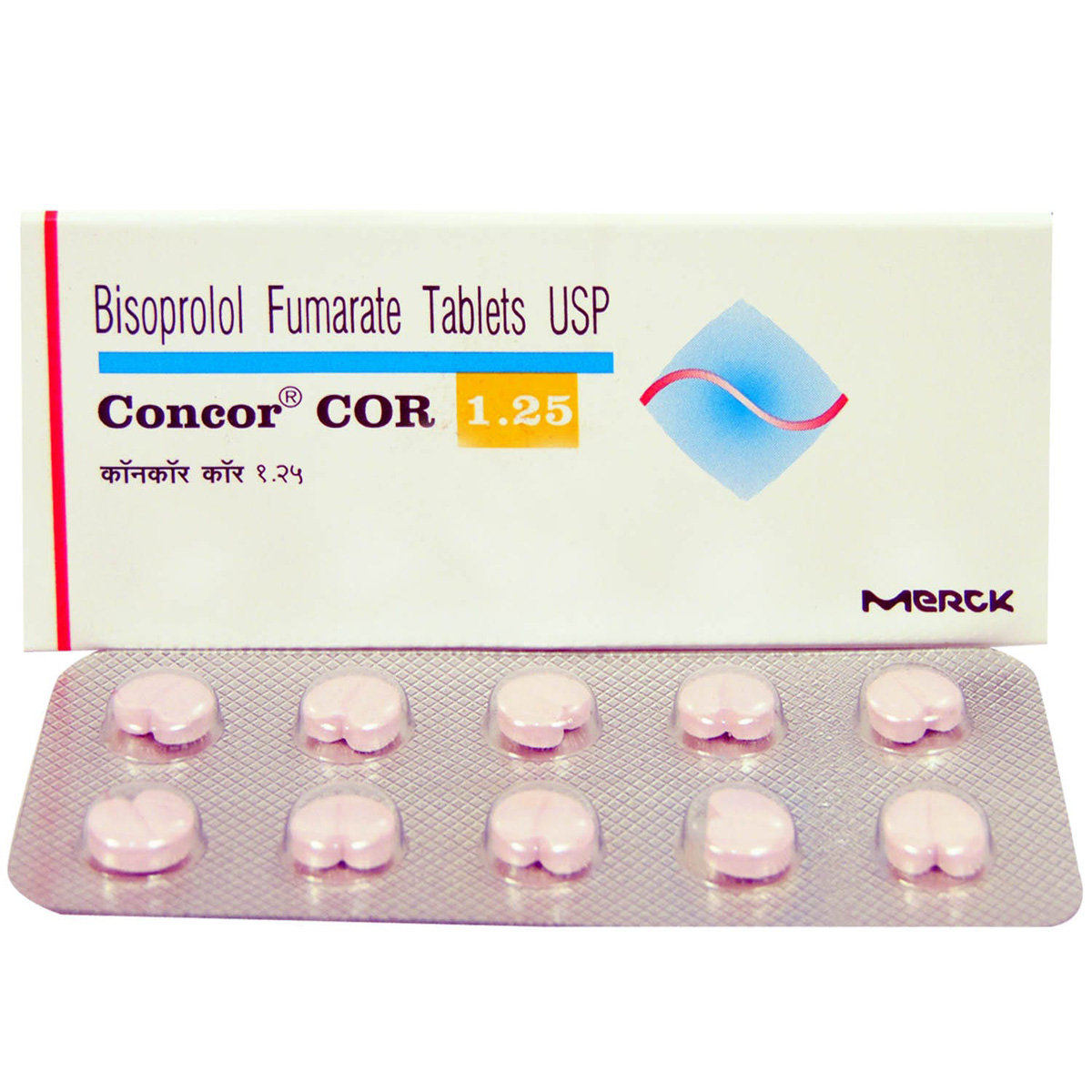Affobis 1.25 Tablet 10's
MRP ₹32.5
(Inclusive of all Taxes)
₹4.9 Cashback (15%)
Provide Delivery Location
Online payment accepted
 Prescription drug
Prescription drugWhats That
Composition :
Manufacturer/Marketer :
Consume Type :
Expires on or after :
Return Policy :
About Affobis 1.25 Tablet
Affobis 1.25 Tablet belongs to the group of antihypertensive medications used to treat hypertension (high blood pressure) and angina pectoris. Hypertension is a medical condition in which the blood exerts high blood pressure against the walls of the arteries (blood vessels). This increases the heart's workload, and if it continues for a long time, the heart and arteries may not function properly.
Affobis 1.25 Tablet contains Bisoprolol, which affects the body's response to some nerve impulses, particularly in the heart. As a result, Affobis 1.25 Tablet slows down the heart rate and makes it easier for the heart to pump blood around the body. Thereby, Affobis 1.25 Tablet helps lower the raised blood pressure and reduces the risk of having a stroke, a heart attack, other heart problems, or kidney problems in the future.
Affobis 1.25 Tablet should be taken as directed by the physician. The dose and duration will be based on your medical condition and response to the treatment. Affobis 1.25 Tablet can cause side effects like tiredness, weakness, nausea, vomiting, diarrhoea, or constipation. Most of these side effects of Affobis 1.25 Tablet do not require medical attention and gradually resolve over time. However, if these side effects persist longer, please consult your doctor.
If you are pregnant or breastfeeding, you should avoid taking Affobis 1.25 Tablet . Affobis 1.25 Tablet may cause tiredness, drowsiness, or dizziness, so do not operate vehicles or machines if you have any of these symptoms. Affobis 1.25 Tablet is not recommended in children. Before taking Affobis 1.25 Tablet , inform your doctor about your medical history and all medications you are currently taking to rule out any potential side effects and interactions.
Uses of Affobis 1.25 Tablet
Directions for Use
Key Benefits
Affobis 1.25 Tablet is an antihypertensive medication used to treat hypertension/high blood pressure and angina pectoris. Affobis 1.25 Tablet alters how the body responds to certain nerve impulses, particularly in the heart. As a result, Affobis 1.25 Tablet reduces the heart rate and makes it easier for the heart to circulate blood throughout the body. Thereby, Affobis 1.25 Tablet aids in reducing the high blood pressure and the risk of having a stroke, heart attack, other heart problems, or kidney problems in the future.
Storage
- Exercising regularly helps lower the risk of heart problems.
- Maintain a healthy diet, including vegetables and fruits.
- Rest well; get enough sleep.
- Manage stress with yoga and meditation.
- Limit alcohol and smoking.
- Inform your doctor about dizziness symptoms. They may adjust your medication regimen or prescribe additional medications to manage symptoms.
- Follow your doctor's instructions for taking medication, and take it at the same time every day to minimize dizziness.
- When standing up, do so slowly and carefully to avoid sudden dizziness.
- Avoid making sudden movements, such as turning or bending quickly, which can exacerbate dizziness.
- Drink plenty of water throughout the day to stay hydrated and help alleviate dizziness symptoms.
- If you're feeling dizzy, sit or lie down and rest until the dizziness passes.
- Track when dizziness occurs and any factors that may trigger it, and share this information with your doctor to help manage symptoms.
- Tell your doctor immediately if you experience shortness of breath after taking medication.
- Your doctor may adjust the medication regimen or dosage or give alternative medical procedures to minimize the symptoms of shortness of breath.
- Monitor your oxygen levels and breathing rate regularly to track changes and potential side effects.
- For controlling stress and anxiety, try relaxation techniques like deep breathing exercises, meditation, or yoga.
- Make lifestyle changes, such as quitting smoking, exercising regularly, and maintaining a healthy weight.
- Seek emergency medical attention if you experience severe shortness of breath, chest pain, or difficulty speaking.
- Follow up regularly with your doctor to monitor progress, adjust treatment plans, and address any concerns or questions.
- Practicing meditation, yoga, or deep breathing can help manage stress levels, which may contribute to immune system dysregulation.
- Take balanced diet rich in fruits, vegetables, and whole grains that can support overall immune function.
- Regular exercise can help improve immune system function and overall health.
- Getting enough sleep is vital for immune system regulation.
- Reduce or quit tobacco and alcohol use.
- Avoid foods rich in purine like red meat, organ meat, seafood (especially shellfish), lentils, beans, and some vegetables.
- Drink plenty of water to eliminate uric acid.
- Limit alcohol consumption as alcohol may increase uric acid production.
- Talk to your doctor if purine metabolism disorder is related to current medicine so that alternative medicine may be prescribed along with uric acid lowering medicines.
- Always inform your physician if you have diabetes or insulin deficiency so that he may prescribe aid to curb those conditions.
- Your medical practitioner may recommend or prescribe medications designed to correct elevated blood glucose levels.
- Restrict intake of foods like soda and processed foods, including sweetened refined carbohydrates such as pasta and white bread, which result in excessive simple sugar consumption.
- To limit unhealthy sugars, try to use a balanced diet. Add proteins, carbohydrates, and healthy fats to meals.
- Eat carbohydrates with a low glycemic index to avoid elevating glucose levels.
- In case you have diabetes, blood glucose levels need to be monitored frequently to determine the success of the management plan.
Drug Warnings
If you are pregnant or breastfeeding, you should avoid taking Affobis 1.25 Tablet . If you are allergic to Bisoprolol or any other ingredients in this medicine, do not take it. Affobis 1.25 Tablet is not recommended for people who have severe asthma or chronic lung disease, as well as those who have a slow or irregular heart rate, very low blood pressure, severe blood circulation problems, heart failure, cardiogenic shock, metabolic acidosis (excess acid in the blood), untreated phaeochromocytoma, and a rare adrenal gland tumour (medulla). Affobis 1.25 Tablet may cause tiredness, drowsiness, or dizziness. Do not operate vehicles or machines if you have any of these symptoms. Affobis 1.25 Tablet is not recommended for children. Before taking Affobis 1.25 Tablet , inform your doctor about your medical history and all medications you are currently taking to rule out any potential side effects and interactions.
Drug-Drug Interactions
Drug-Drug Interactions
Login/Sign Up
Co-administration of Affobis 1.25 Tablet with Propranolol may increase the risk or severity of adverse effects.
How to manage the interaction:
Although there may be an interaction, Affobis 1.25 Tablet can be taken with propranolol if prescribed by your doctor. However, if you experience any unusual symptoms contact your doctor immediately. Do not stop using any medications without first talking to your doctor.
Co-administration of Affobis 1.25 Tablet with Verapamil can lead to increased risk or severity of side effects.
How to manage the interaction:
Although there may be an interaction, Affobis 1.25 Tablet can be taken with verapamil if prescribed by the doctor. Consult a prescriber if you experience headache, fainting, swelling of the extremities, weight gain, shortness of breath, chest pain, increased or decreased heartbeat, or irregular heartbeat. Do not discontinue any medications without a doctor's advice.
Taking Affobis 1.25 Tablet with Carvedilol can increase the risk of low blood pressure and high potassium levels.
How to manage the interaction:
Although there is an interaction, Affobis 1.25 Tablet can be taken with carvedilol if prescribed by the doctor. However, consult your doctor if you experience any lightheadedness, excessive sweating, or shortness of breath. Do not discontinue the medication without consulting a doctor.
Co-administration of Affobis 1.25 Tablet with Dolasetron may increase the risk of an irregular heart rhythm that may be serious.
How to manage the interaction:
Although there may be an interaction, Affobis 1.25 Tablet can be taken with Dolasetron if prescribed by the doctor. Consult the prescriber if you experience sudden dizziness, fainting, lightheadedness, or irregular heartbeat. Do not discontinue the medication without consulting a doctor.
When Affobis 1.25 Tablet is combined with Atenolol the severity or risk of side effects may be increased.
How to manage the interaction:
Although there may be an interaction, atenolol can be taken with Affobis 1.25 Tablet if prescribed by the doctor. Consult the prescriber if you experience any unusual side effects. Do not discontinue the medication without consulting a doctor.
Co-administration of Affobis 1.25 Tablet and Tizanidine may increase the risk of low blood pressure.
How to manage the interaction:
Although there may be an interaction, Affobis 1.25 Tablet can be taken with Tizanidine if prescribed by the doctor. If you experience headache, dizziness, lightheadedness, or palpitations. Do not discontinue the medication without consulting a doctor.
Co-administration of Affobis 1.25 Tablet with Atazanavir may increase the risk of an irregular heart rhythm that may be serious.
How to manage the interaction:
Although there may be an interaction, Affobis 1.25 Tablet can be taken with atazanavir if prescribed by the doctor. Consult the prescriber if you experience sudden dizziness, lightheadedness, fainting, or irregular heartbeat during treatment with these medicines, whether together or alone. Do not discontinue the medication without consulting a doctor.
Co-administration of Affobis 1.25 Tablet with Lofexidine may have effects in lowering blood pressure.
How to manage the interaction:
Although there may be an interaction, Affobis 1.25 Tablet can be taken with Lofexidine if prescribed by the doctor. Consult the prescriber if you develop headache, dizziness, lightheadedness, fainting, and/or changes in pulse or heart rate. Do not discontinue the medication without consulting a doctor.
Co-administration of ceritinib together with Affobis 1.25 Tablet can slow your heart rate and increase the risk of an irregular heart rhythm.
How to manage the interaction:
Although there is a interaction between Affobis 1.25 Tablet and ceritinib, but it can taken together if prescribed by the doctor. However, consult the doctor if you experience sudden dizziness, lightheadedness, fainting, or irregular heartbeat. Do not discontinue the medication without consulting a doctor.
Co-administration of Affobis 1.25 Tablet with Saquinavir may increase the risk of an irregular heart rhythm that may be serious.
How to manage the interaction:
Although there may be an interaction, Affobis 1.25 Tablet can be taken with Saquinavir if prescribed by the doctor. Consult the prescriber if you develop dizziness, lightheadedness, fainting, or slow or irregular heart rate. Do not discontinue the medication without consulting a doctor.
Drug-Food Interactions
Drug-Food Interactions
Login/Sign Up
Diet & Lifestyle Advise
- Limit consumption of excess sodium and sugary drinks.
- Keep your weight under control with a BMI of 19.5-24.9.
- Quitting smoking is the best strategy to lower the risk of heart disease.
- Make a habit of regular exercising for at least 1-2 hours a day, or at least one should walk for about half an hour for good health.
- Avoid chronic stress, as it can raise your blood pressure.
- Try to include heart-healthy omega-3 fatty acids-containing food in your daily diet.
- Limiting salt intake and including high fhigh-fiber in the diet is best.
Side Effects of Affobis 1.25 Tablet
- Tiredness
- Weakness
- Nausea
- Vomiting
- Diarrhoea
- Constipation
- Dizziness
- Headache
- Feeling of coldness or numbness in hands or feet
- Low blood pressure
Habit Forming
Therapeutic Class
All Substitutes & Brand Comparisons
RX
Bisbeta-1.25 Tablet 15's
Shrrishti Health Care Products Pvt Ltd
₹27
(₹1.63 per unit)
44% CHEAPERRX
Out of StockBisobar 1.25 Tablet 10's
Vishaura Healthcare Pvt Ltd
₹25
(₹2.5 per unit)
14% CHEAPERRX
Out of StockBibeta 1.25 Tablet 15's
Opsis Care Lifesciences Pvt Ltd
₹48
(₹2.88 per unit)
1% CHEAPER
Author Details
We provide you with authentic, trustworthy and relevant information
Drug-Diseases Interactions
Drug-Diseases Interactions
Login/Sign Up
Affobis 1.25 Tablet is contraindicated in patients with diagnosis of sinus bradyarrhythmia and heart block
How to manage the interaction:
The use of Affobis 1.25 Tablet is contraindicated in patients with sinus bradyarrhythmia (abnormally slow heart rate) or heart block greater than the first degree (unless a functioning pacemaker is present).
Affobis 1.25 Tablet is contraindicated in patients who have hypotension or cardiogenic shock.
How to manage the interaction:
The use of this medicine is contraindicated in patients with low blood pressure or cardiogenic shock.
Affobis 1.25 Tablet SHOULD BE USED CAUTIOUSLY IN RENAL DISEASE PATIENTS
How to manage the interaction:
Patients with kidney disease may be at greater risk for adverse effects from Affobis 1.25 Tablet due to decreased drug clearance. Dose adjustment may be needed.
Affobis 1.25 Tablet SHOULD BE ADMINISTERED CAUTIOUSLY IN PATIENTS REQUIRING HEMODIALYSIS
How to manage the interaction:
Affobis 1.25 Tablet should be used with caution in patients with hemodialysis.
Affobis 1.25 Tablet IS CONTRAINDICATED IN PATIENTS WITH SINUS BRADYARRHYTHMIA
How to manage the interaction:
The use of this medicine is contraindicated in patients with sinus bradyarrhythmia (abnormally slow heart rate) or heart block greater than the first degree (unless a functioning pacemaker is present).
Affobis 1.25 Tablet SHOULD BE USED CAUTIOUSLY IN THE GLAUCOMA PATIENTS
How to manage the interaction:
Affobis 1.25 Tablet may lower intraocular pressure. Therefore, dose adjustment may be needed in patients with glaucoma or intraocular hypertension.
Affobis 1.25 Tablet SHOULD BE USED CAUTIOUSLY IN MYASTHENIA GRAVIS PATIENTS
How to manage the interaction:
Affobis 1.25 Tablet should be used cautiously in patients with myasthenia gravis as it may potentiate muscle weakness with certain myasthenic symptoms such as double vision, drooping eyes, and generalized weakness.
FAQs
Drug-Drug Interactions Checker List
- AMIODARONE
- AMLODIPINE
- DILTIAZEM
- VERAPAMIL
- IMIPRAMINE
- AMITRIPTYLINE
- LEVOMEPROMAZINE
- PHENOBARBITAL
- ACETYLSALICYLIC ACID
- DICLOFENAC
- IBUPROFEN
- NAPROXEN
- MEFLOQUINE
- ADRENALINE
- DOBUTAMINE
- NORADRENALINE
- RIFAMPICIN
Special Advise
- Regularly monitor blood pressure levels to prevent hypotension (low blood pressure).
- Get up slowly while rising from a lying or sitting position as Affobis 1.25 Tablet may cause dizziness.
- Do not skip any doses or stop taking Affobis 1.25 Tablet without consulting your doctor. Quitting Affobis 1.25 Tablet on your own may raise the blood pressure and increase heart attack chances.
Disease/Condition Glossary
Hypertension: Hypertension is a chronic medical condition when blood pressure is too high. Blood pressure is the measurement of the force that the heart uses to pump blood to all body parts. When the heart pumps more blood, the arteries become narrower, and blood pressure becomes high. If the blood pressure becomes uncontrolled, it may cause serious heart diseases like brain damage (stroke), heart attacks, and kidney failure.
Angina pectoris: It is a kind of chest pain caused due to decreased blood flow to the heart, which means insufficient oxygen supply to the heart muscle. The chest pain is often triggered by emotional stress or physical activity. Angina is a symptom of coronary artery disease. The symptoms of angina include dizziness, shortness of breath, nausea, tiredness, anxiety or excessive sweating. The risk factors for angina include smoking, diabetes, overweight, high blood pressure, high cholesterol, not exercising, or a history of heart disease.

Have a query?
Alcohol
Safe if prescribed
Avoid alcohol consumption while taking Affobis 1.25 Tablet as it may cause dizziness or light-headedness.
Pregnancy
Consult your doctor
Avoid taking Affobis 1.25 Tablet during pregnancy as it may harm the unborn baby. Please consult your doctor if you have any concerns. If Affobis 1.25 Tablet therapy is required in pregnancy, the uteroplacental blood flow and fetal growth should be closely monitored.
Breast Feeding
Consult your doctor
Caution should be exercised, and please consult a doctor before using Affobis 1.25 Tablet . Your doctor will weigh the benefits and potential risks before prescribing them.
Driving
Safe if prescribed
Affobis 1.25 Tablet may make you feel tired, drowsy or dizzy. Do not operate vehicles and/or machines if you suffer from these side effects.
Liver
Consult your doctor
Please consult the doctor. Affobis 1.25 Tablet to be taken with caution, especially if you have a history of liver disease/conditions. The dose may have to be adjusted by your doctor.
Kidney
Consult your doctor
Please consult the doctor. Affobis 1.25 Tablet to be taken with caution, especially if you have a kidney disease/conditions history. The dose may have to be adjusted by your doctor.
Children
Safe if prescribed
Affobis 1.25 Tablet is not recommended for use in children or adolescents.











